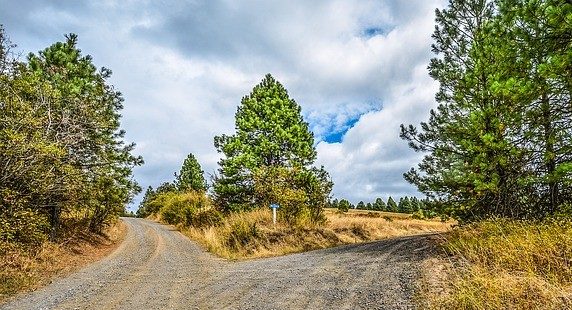
There are two types of risk, but most people only ever consider one of them.
The conventional type of risk is exposing yourself to “failure”: being rejected, crashing and burning, starting a business that doesn’t work out, writing a book that no one reads, etc. This is the kind of risk that everyone is afraid of, and because they’re afraid of it, they stay in their comfort zone.
But few people realize that staying in your comfort zone brings with it a different kind of risk. If you don’t take conventional risks, then you’re risking stagnation, you’re risking disappointing yourself, you’re risking never living up to your incredible human potential. The result is often a deep sense of personal dissatisfaction, similar to what happens if you ignore multiple components of your Ikigai.
When we take the first kind of risk and fail, we’re not surprised because we knew we were taking a risk. But the second type of risk catches us off-guard because we didn’t even realize we were risking anything by staying in our comfort zone. It just happens that one day we realize we missed the opportunity of a lifetime, and there’s no second chance. Or we realize that we’ve let our dreams die on the vine, and now we’re depressed.

“If you risk nothing, then you risk everything.” –Geena Davis
The conventional type of risk is a short-term risk, which we’re strongly inclined to avoid. The second type of risk is a long-term risk, which we’re strongly inclined to ignore. This is similar to the way people often sacrifice their long-term health in order to avoid the short-term discomfort of diet and exercise. And with risk, as with healthy living, thinking long-term is probably what’s best for our future selves.
Trying something that doesn’t work and getting rejected has immediate and painful costs. Because we can foresee these costs, we’re hesitant to take such risks. But these costs are also small compared to the huge costs that come with the second type of risk. The feeling of regret that comes from failing to become the person you’re capable of being is much worse than the embarrassment of conventional failure.
In the end, you can’t avoid risk. You can only choose one type or the other. So the question you have to ask yourself is: “What type of risk do I want in my life?”
I know my answer, but I’ll pass the mic to Mark Twain who put it better than I could ever hope to:
“Twenty years from now you will be more disappointed by the things that you didn’t do than by the ones you did so. So throw off the bowlines. Sail away from the safe harbor. Catch the trade winds in your sails. Explore. Dream. Discover.”
